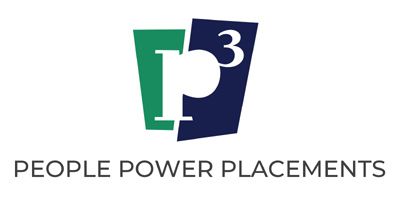
Subscribe & Follow
Performance management in the disruptive workplace

The disruptive hybrid office resulted in a performance shift between extroversion and introversion and how deliverables are achieved. For instance, extroverted individuals will remain more 'social' and dependent on the interpersonal relationships within the office, while introverted individuals remain less dependent on 'social' interpersonal relations. Therefore, superiors should acknowledge and be mindful of the subordinates' interactive orientation to foster a resilient environment, as working from home could negatively affect both extroverted and introverted employees differently.
Without exception, each organisation is unique and requires realistic resourcing to foster an environment where targets are to be achieved. Therefore, it is of utmost importance that executives consider the holistic context of how Covid-19 affected the deliverables set for the financial year.
This requires that the disruptive workplace's organisational requirements challenge performance and consider the diverse, social and cultural entities of an individuals' work setting at home.
Emerging performance management systems in the disruptive workplace
- Implementing digital people analytics to analyse the behaviours of top performers.
- Revaluating communication strategies to entrench more regular and granular interpersonal communication between the superior and the subordinate.
- Simplifying organisational processes to accelerate alignment with the ever-changing nature of the workplace.
- Executives and HR departments should aim to shy away from quantitative dated performance management methodologies and instead take a qualitative contextualised approach, considering the implications of the individual's changed work environment.
- Simplifying goal-setting through reducing rigidity to foster objectivity and dynamic goal-setting concerning the continued requirements of the business.
Without a doubt, performance management and the utilisation of the hybrid office are dependent on the ever-changing nature of the digital age and the lack of predictability. Thus, organisations should prioritise the psychosocial health of their employees, such as regular informal 'check-in' sessions.
The integration of business partners and people partners is paramount, as this will empower a more dynamic and empathetic work environment.
Executives should consider shying away from measuring performance through attaching a quantifiable rating to an employee but rather illustrate how they would invest in that employee through developing short-term goals, enhancing the achievement of the long-term goals. It will foster a more stimulating environment throughout the entire managerial value chain.
In conclusion, there is no one-size-fits-all approach to performance management in today's world of work. More than ever, performance management should slant to be driven and measured through dynamic, empathetic interaction between superiors and their subordinates, keeping in mind that both individuals will benefit from a more symbiotic relationship.
About Auguste (Gusti) Coetzer & Hanco Minnaar
Auguste Coetzer is the Chief Executive Officer, and Hanco Minnaar is the Senior Executive Researcher at People Power Placements, Trading as Auguste Coetzer Executive Recruitment. Auguste is a member of the International Women's Forum of South Africa and holds a Master's Degree in Clinical Psychology.Website: http://www.augustecoetzer.com/















